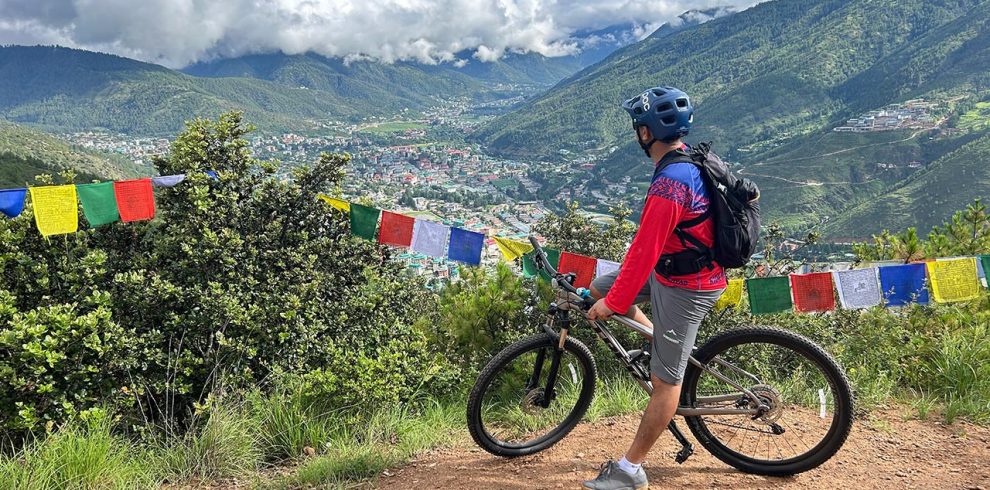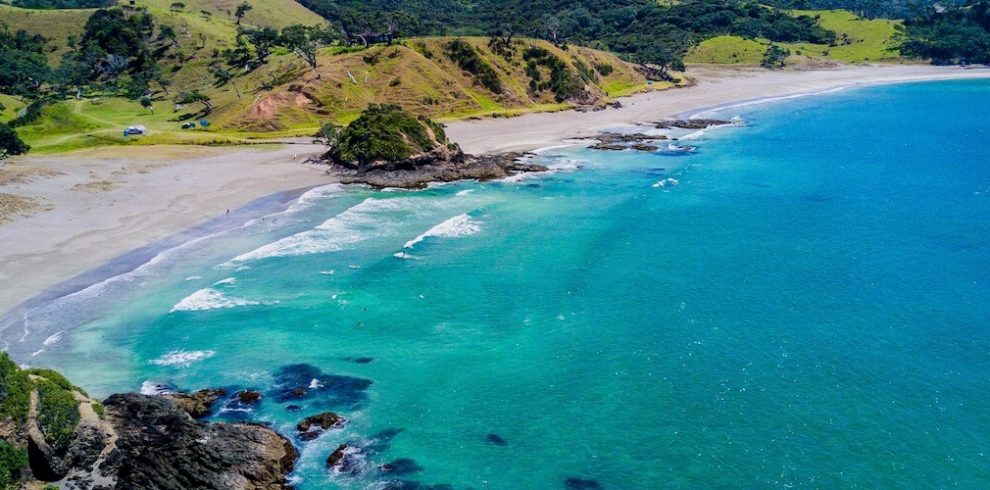- 4
- 2
- 2
- 10
- 1
Bhutan
Bhutan: The Last Shangri-La of the Himalayas
A Kingdom Rooted in Harmony
Bhutan isn’t just a destination—it’s a philosophy in motion. Nestled between Nepal, India, and China, this small Himalayan kingdom measures progress not by GDP, but by Gross National Happiness (GNH). It’s a place where spiritual depth, environmental stewardship, and cultural preservation are woven into everyday life.
– Spiritual Legacy: Bhutan is deeply influenced by Vajrayana Buddhism. Monasteries like Taktsang (Tiger’s Nest) cling to cliffs, echoing centuries of devotion and myth. Prayer flags flutter across valleys, carrying blessings on the wind.
– Cultural Continuity: From masked dances during Tshechu festivals to traditional dress (gho and kira), Bhutanese culture is alive, not archived. Visitors are invited to witness—not consume—these traditions.
Landscape: A Living Canvas of Majesty
Bhutan’s terrain is a dramatic blend of alpine peaks, lush valleys, and subtropical forests. Over 70% of the country is forested, making it the world’s first carbon-negative nation.
– High Himalayas: Snow-capped giants like Jomolhari dominate the north, offering trekking routes that rival Nepal’s in beauty and solitude.
– Valleys of Wonder: Paro, Punakha, and Bumthang are cultural heartlands, each with its own rhythm of monasteries, rivers, and rice terraces.
– Wild Sanctuaries: Bhutan’s national parks are havens for red pandas, takins, and black-necked cranes—perfect for eco-tourism and wildlife photography.
Tourism: High-Value, Low-Impact
Bhutan’s tourism model is refreshingly different. It’s built on the principle of “high-value, low-impact”, ensuring that travel enhances—not erodes—its cultural and natural heritage.
– Sustainable Development Fee (SDF): Visitors contribute directly to conservation and community development through a daily fee, reinforcing Bhutan’s commitment to responsible tourism.
– Eco-Lodges & Local Impact: Many accommodations run on solar power, source food locally, and employ Bhutanese staff, creating a closed-loop economy that benefits both nature and people.
– Immersive Experiences: Guided treks, cultural briefings, and respectful engagement with communities ensure that tourism is meaningful and transformative.


